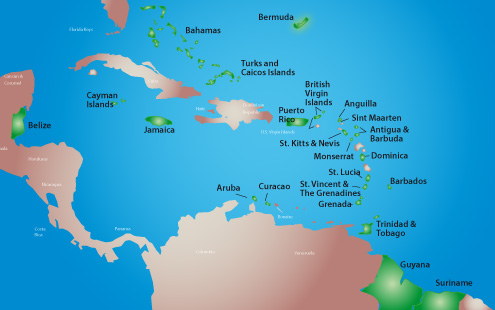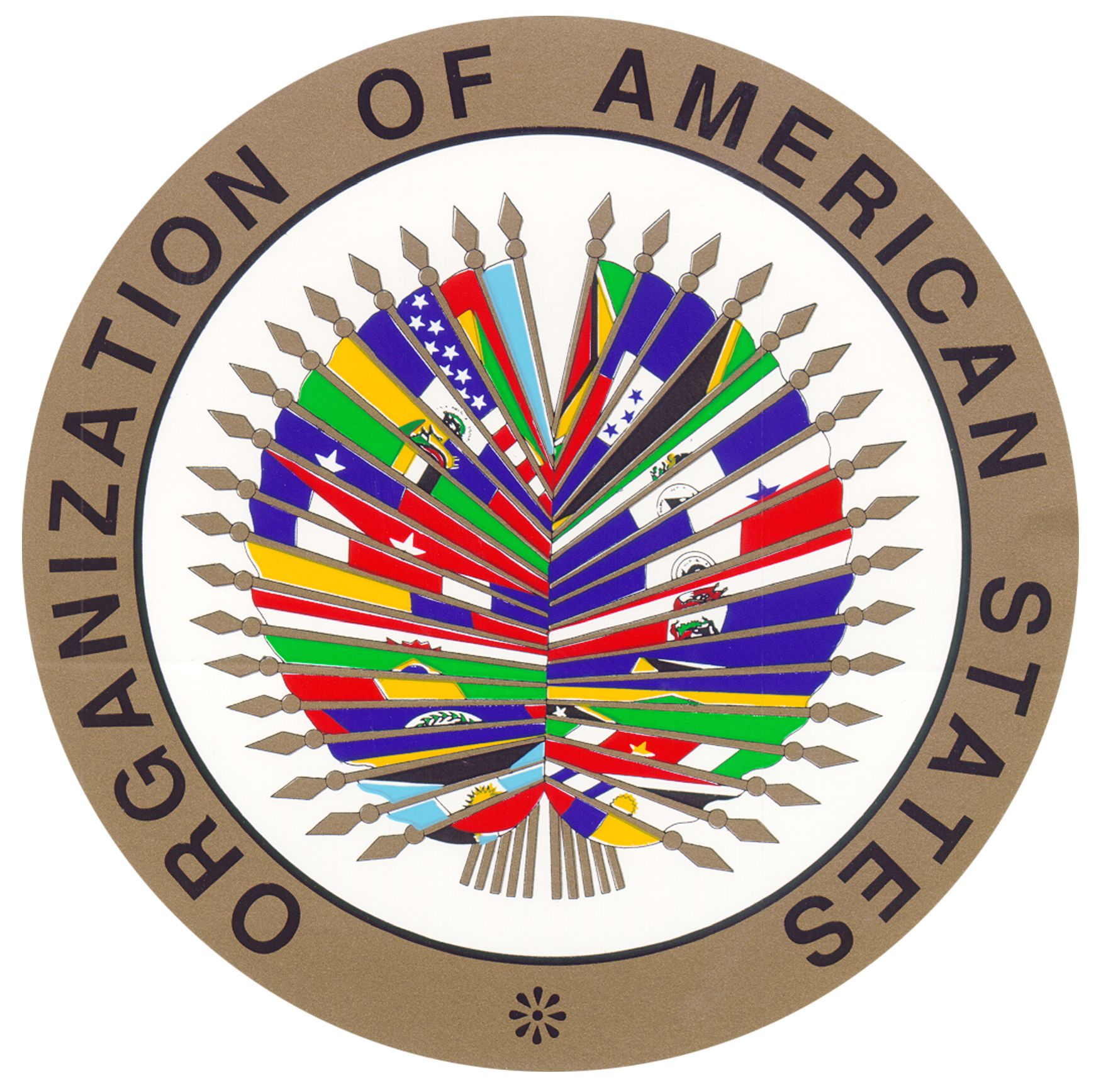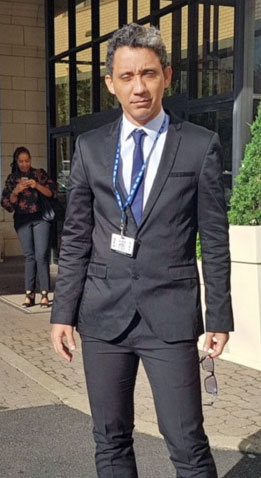How Caribbean courts and LGBT activists nudge us toward justice
Maurice Tomlinson of Jamaica and Canada has been involved in…
As courts strike down anti-sodomy laws across the Caribbean, the region’s governments have been freed to embrace LGBTI rights, says Jamaican/Canadian activist Maurice Tomlinson.

On June 5 the 48th General Assembly of the Organization of American States (OAS) adopted another resolution on Sexual Orientation, Gender Identity and Expression. This is the 10th anniversary of such a resolution, which had met with strong opposition when it was first introduced in 2008. However, in a wonderful reversal one of the states that had initially sought to block the resolution, Belize, was this year a proud co-sponsor! This remarkable result was due to the hard work of many activists as well as a successful court challenge.
There have been many changes since that first ground-breaking resolution, which initially only condemned violence against LGBT people. Among other things, the language has progressively become stronger and now also condemns discrimination against LGBT people. This has prompted a broader discussion on all aspects of discrimination, including laws that criminalize same-sex intimacy, which are present in nine Anglophone Caribbean countries.

These countries and other members of the 15-nation Caribbean Community (CARICOM) nearly scuttled the first resolution in 2008 by announcing that as a bloc they would oppose it. As the 35-nation OAS tries to work by consensus, opposition from the CARICOM bloc would have been fatal to the resolution. However, after intense lobbying by Caribbean activists (including yours truly) this bloc was broken and the first resolution passed. Caribbean nations have subsequently included footnotes expressing reservations about aspects of the resolution (such as language relating to trans identity) but these states have not been able to mount another credible effort to block the resolution’s adoption.
Belize criminalized same-sex intimacy up until 2016 and as such was opposed to the first resolution. But, their position changed significantly after a successful court challenge brought by tenacious Belizean activist Caleb Orozco, which struck down the archaic anti-sodomy law. Caleb was one of the Caribbean activists lobbying for the resolution in 2008, along with other members of the OAS LGBTTTI coalition [the Coalition of Lesbians, Gays, Bisexuals, Transgender, Transsexuals, Travestis and Intersex people of Latin America]. This coalition that now has over 50 civil society organizations from across the Americas (including my own organization, the Canadian HIV/AIDS Legal Network) is working within the Inter-American human rights system to achieve the full realization of LGBTI human rights across the hemisphere.

Belize’s U-turn on this year’s resolution shows the powerful impact that legal challenges to anti-sodomy laws can have. The Anglophone Caribbean countries that enter reservations to the resolution usually claim that the document runs counter to their own domestic law. At the same time, the governments of these countries are simply too afraid of powerful right-wing religious lobby groups (many of which are supported by American churches and are becoming more visible at the OAS) to repeal these statutes. Since the parliament of The Bahamas struck down their anti-sodomy law in 1991, no other CARICOM legislature has followed suit. So, the courts have to do the job that the politicians are too timid to take on.
After Belize’s sweeping court decision a court in Trinidad has also jettisoned that country’s anti-sodomy law. Legal challenges have also been launched in Jamaica and Barbados supported by the Legal Network, including a petition to the Inter-American Commission on Human Rights, which is an arm of the OAS.
Although non-binding on states, the resolution has prompted some significant initiatives by the Inter-American Commission on Human Rights to protect LGBTI people. These include the establishment of a special rapporteur on LGBT human rights and a report on violence against LGBTI people.
The OAS resolution was also the precursor to a similar one at the UN, which also created the first independent expert (IE) on sexual orientation and gender identity. The current IE is from Costa Rica and was very active in the process for the original OAS resolution.
The work of protecting LGBT human rights in the Americas is far from complete and the rise in populism across the hemisphere coupled with increased activism by anti-rights religious groups poses significant threats to the gains that have been made. However, as courts strike down anti-sodomy laws across the Caribbean this will free their governments to join the cause for equality. I therefore look forward to a day when the OAS resolution on Sexual Orientation, Gender Identity and Expression is unanimously sponsored by all of CARICOM. I hope that it will not take us another ten years to get there.
Related articles:
- LGBTTTI Coalition celebrates yet another successful OAS General Assembly (June 14, 2018, Statement by the Coalition of Lesbians, Gays, Bisexuals, Transgender, Transsexuals, Travestis and Intersex people of Latin America)
- Archive of this blog’s articles about Belize
- Archive of this blog’s articles about Jamaica
- Archive of this blog’s articles about Barbados
- Archive of this blog’s articles about Trinidad
- Archive of Maurice Tomlinson’s commentaries on this blog.




